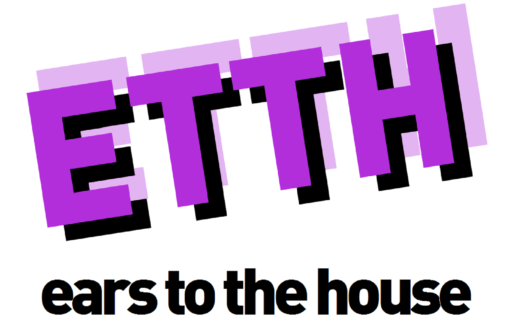
I can still remember the moment back in 2018 when I discovered that Tim Bergling, who produced music under the name Avicii, had died. He rose to fame in the mid-2000s and was mentored for a time in his early career by Laidback Luke and did very well for a number of years.
In 2016, he announced he was retiring from touring. My guess is he’d made enough money at that point and he no longer needed to do it – he always seemed to see touring as the necessary evil in the music world. He was found dead in April 2018 after going on holiday to Oman and news soon spread around the world.
Since then, discussions have taken place about how the whole system could better support the mental health of artists – hardly a difficult job given that the level of support in the system was zero. And sadly, it remains as such today – I’ve been sent more than enough stories to know the labels still don’t give a fig about the health of the artists they sign.
Here’s one example. A few months ago, I was sent details of a person in the pop music world who was mentally struggling. His label paid for counselling and he duly attended – until he discovered an executive up above was putting the counsellor under pressure to get the artist back to work as quickly as possible. If the counsellor refused, work from the label would disappear as a result.
So I’m not remotely surprised by the call from Avicii’s own dad for better support for the mental health of artists. Nor am I remotely surprised by the total lack of reaction from the big labels – or indeed, anyone else – in the time since. Because the harsh truth is Avicii might still be with us if this was a different time.
Back in the day, artists had a number of ways of making money. Typically, record labels made the bulk of the money from selling records – but the money from touring was entirely for the artist. This remained the case until the early 2000s, when labels started doing so-called 360 contracts – giving them a slice from every pie.
The result of this has been to force people onto the road – time was you could be a DJ or a producer, whereas nowadays you pretty much have to do both to earn enough money to live on. It means people who could contribute much to the music world but are more introverted are put into situations they don’t want to be in – if, of course, they even want to join the industry at all.
But do the majors care? Of course not. A few weeks ago, I ran an article about PRS For Music launching a fund to help artists pay their bills over the winter. If the music industry was set up properly, this problem would almost never arise. But everything is skewed towards major labels – just like it always has been.
I haven’t even got onto the other reason for this – people being pushed into positions they’re not ready for. Thanks to reality TV and such, everyone thinks they should be propelled straight to fame – and I’ve seen so many instances of this messing with people’s heads. Being in the music business means people have opinions – and bloggers like me are kind compared to the legions of trolls out there.
This is undoubtedly a complicated problem, but there’s a simple truth here. If you’re doing well, the powers that be don’t care about your mental health because they’re most likely making lots of money off you. And if you’re not doing well, they don’t care because you’re not making them money…




